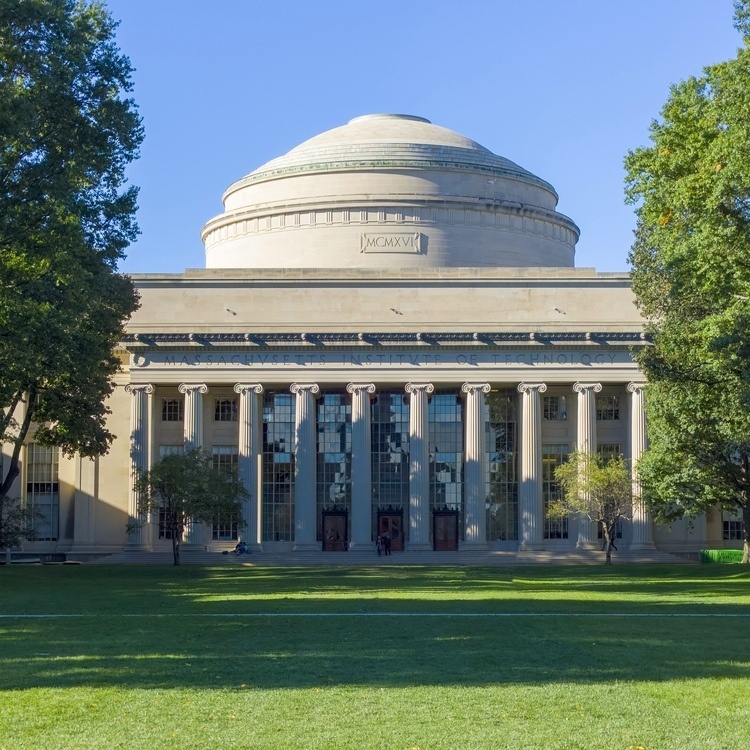
Eric Martinez Thesis Defense: The Cognitive Underpinnings of Legal Complexity
Description
Date/Time: June 13th, 1pm
In-person location: McGovern Seminar Room 46-3189
Zoom link: https://mit.zoom.us/j/98439520717
Defense Title: The Cognitive Underpinnings of Legal Complexity
Defense Abstract: Across modern civilization, societal norms and rules are codified and communicated largely in the form of written laws. Although principles of communicative efficiency and legal doctrine dictate that laws be comprehensible to the common world, legal documents have long been attested to be largely incomprehensible to those who are required to comply with them (i.e. everyone). Why? This thesis sets out to answer this question using the tools of cognitive science.
Chapter II approaches the question from the comprehender side, documenting the cognitive and linguistic factors that make legal documents difficult to understand for non-lawyers. We find that legal contracts are laden with psycholinguistically complex structures at a strikingly higher rate than nine baseline genres of English, and that contracts written with these features are more difficult to understand and recall than contracts of equivalent meaning without those features. This work further reveals that center-embedded syntax inhibits recall and comprehension of legal content more than other features, suggesting that such processing difficulties result largely from working-memory limitations imposed by long-distance syntactic dependencies as opposed to a mere lack of specialized legal knowledge.
Chapter III extends these results to other legal genres and investigates the cognitive and linguistic profile of law over time. Analyzing every law passed by congress between 1951 and 2022 with matched texts from four different genres, we find that laws have and continue to be disproportionately laden with psycholinguistically complex structures relative to baseline genres of English, suggesting that top-down efforts to simplify legal texts over this period have largely failed.
Chapters IV and V turn to the producer side, investigating why legal actors write in a complex manner in the first place. We find that lawyers likewise struggle to recall and comprehend legal content drafted in a complex register and prefer simplified legal documents to complex documents across virtually every dimension. We further find that people tasked with writing official laws write in a more convoluted manner than when tasked with writing unofficial legal texts of equivalent conceptual complexity, whereas people editing a legal document do not write in a more convoluted manner than when writing from scratch.
From a cognitive perspective, these results suggest law to be a rare exception to the general tendency in human language towards communicative efficiency. In particular, these results indicate law's complexity to be derived from its performativity, whereby low-frequency structures may be inserted to signal law’s authoritative, world-state-altering nature, at the cost of increased processing demands on readers. From a legal perspective, these findings call into question the coherence and legitimacy of legal principles whose validity rests on the notion of law being comprehensible to laypeople. From a policy perspective, this work informs long-standing efforts to simplify legal documents for the public at-large, which, despite bipartisan support, have remained largely intractable. Finally, from a field-building perspective, this thesis lays the foundation for a broader interdisciplinary research program that uses insights from cognitive science to inform long-standing and cutting-edge questions of legal doctrine and policy.

